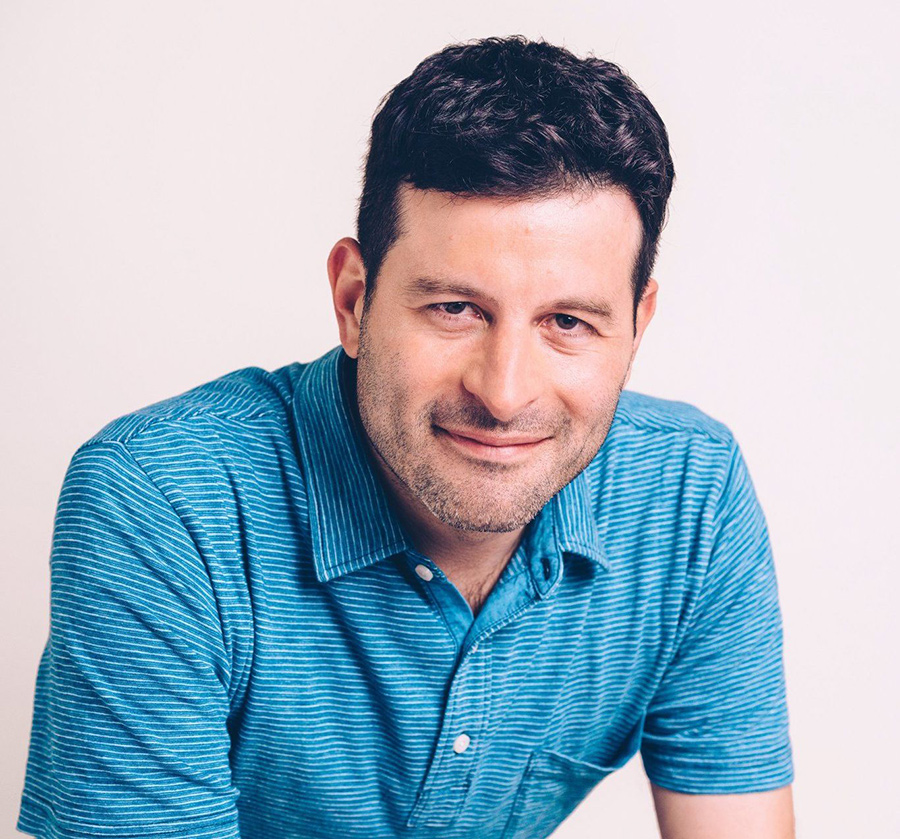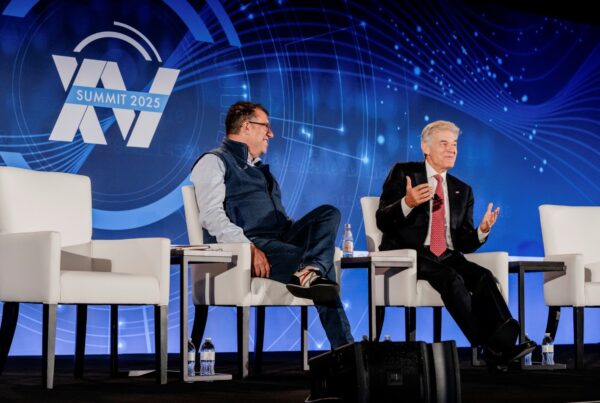Ginger has seen record setting virtual therapy and psychiatry sessions in March. And in response to the COVID-10 pandemic, Ginger made its video or chat-based behavioral health coaching for health care providers available for free and announced a new mental health resource center for the general public.
Health Evolution Editor-in-Chief Tom Sullivan spoke with Glass about the mental health implications of such an outbreak as well as what CEOs should understand the implications of such events on an enterprise workforce.
Health Evolution: What’s happening in the virtual mental health realm since the COVID-19 outbreak began?
Glass: It can be hard to differentiate the causes specifically of the uptick we’re seeing, between COVID-19, the financial markets, the 2020 election cycle, but all of that has led to significant increases of 16 percent for behavioral health coaching sessions while therapy and psychiatry sessions are up 25 percent [in comparison to our quarter to date average]. That week was a record in therapy and psychiatry sessions. So, it’s clearly a stressful time in the country.
Health Evolution: What the world has seen with this pandemic thus far is widely viewed as unprecedented. Let’s try to put that in context …
Glass: It is unprecedented so we don’t have a dataset that can compare a pandemic-like spread of a novel disease such as this from a mental health perspective. But COVID-19 feels more sustained and more universal. I suspect we’ll continue to see increased outreach.
Health Evolution: What other events have triggered increases in people seeking services via Ginger?
Glass: We saw increases during the 2016 election and we were up 2x the day after the election. Also, Anthony Bourdain and Kate Spade. There is a contagious nature of high-profile suicides and we saw a 2x trigger that people were a threat when looking at tone, language, signals of spiking mental health scores.
Health Evolution: From your perspective in the mental health world, what should CEOs know about the impact COVID-19 is having on Americans and their workforces in particular.
Glass: There is a significant uptick in the anxiety and stress loads of your employees. Recognize that it’s both physical and mental. Leaders should be vocal about recognizing those stresses and anxiety and providing support, whether with current or new resources, to benefit your people by helping them manage their stress. CEOs can play a key role in helping people understand that they have access for managing physical and mental manifestations of what’s going on right now.
Health Evolution: Do you envision that pandemics and other crises will advance the use of virtual health services as more people become familiar with the tools because, well, now they have to use them?
Glass: Virtual health has been widely available for quite a while and yet the adoption rates have been relatively low. As we move to increasingly adopting isolation tactics, such as working from home and reduced travel, there needs to be widespread recognition that some people will find that isolating, people will lose those social outlets. A parent with kids at home, for example, will have to manage childcare, and that’s an additional source of stress.











